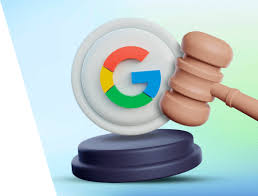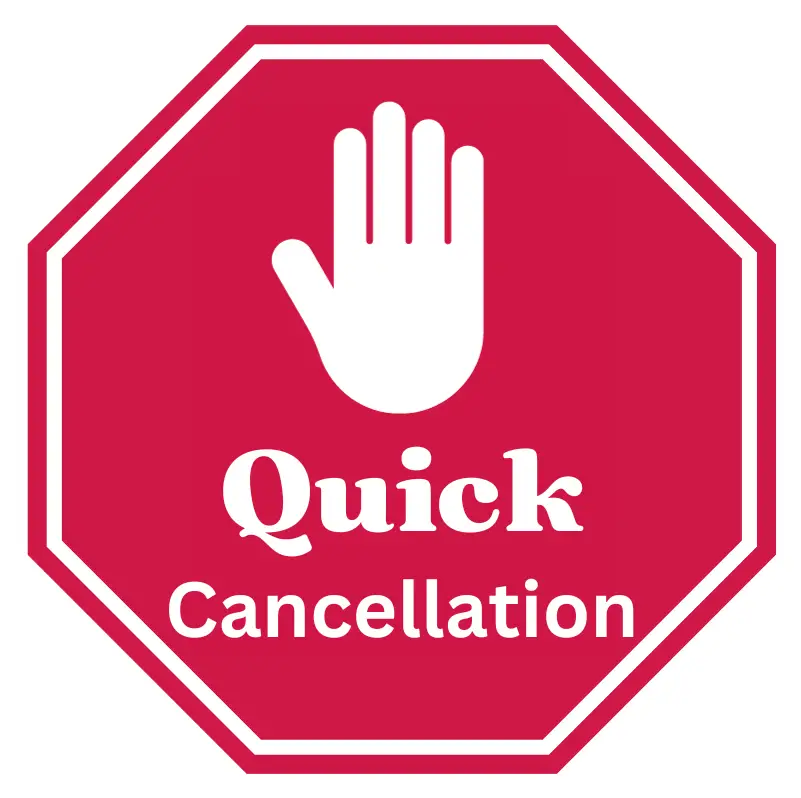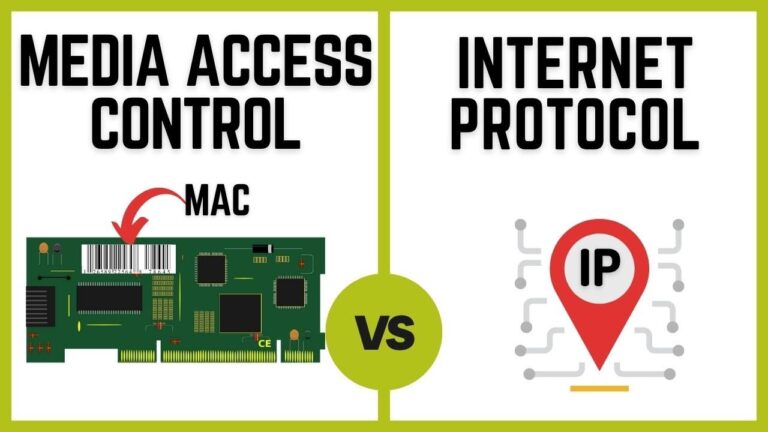search Engine Penalties: A Complete Guide

Search engine penalties can drastically affect a website’s ranking, visibility, and overall performance. These penalties are typically imposed by search engines like Google when a website violates their guidelines. Understanding how search engine penalties work and how to avoid them is essential for maintaining good search engine rankings. Utilizing tools like sumosearch.io can help monitor and prevent potential penalties. In this article, we will explore the various types of search engine penalties and how to recover from them.
What Are Search Engine Penalties?
Search engine penalties occur when a search engine determines that a website has violated its rules or best practices. These penalties can result in a sudden drop in rankings or even complete removal from search results. Search engines impose penalties to ensure users get quality, relevant, and safe results when performing a search.
There are two main types of penalties:
- Manual Penalty: When a human reviewer from the search engine manually flags a website for violating guidelines.
- Algorithmic Penalty: When a website is automatically penalized by search engine algorithms for engaging in practices such as keyword stuffing, duplicate content, or unnatural backlinks.
Types of Search Engine Penalties
Search engine penalties can be divided into several types, depending on the violation. Here are some common search engine penalties:
- Keyword Stuffing Penalty: Overusing keywords in content is one of the most common reasons for penalties. While keywords are essential for SEO, stuffing them unnaturally can result in a penalty.
- Duplicate Content Penalty: If a website has content that is identical or very similar to content on other websites, search engines may penalize it for duplicate content. Original and high-quality content is key to avoiding this penalty.
- Unnatural Backlinks Penalty: Websites that use manipulative backlink strategies, such as buying or exchanging links, are likely to be penalized. Search engines prefer organic and relevant backlinks to rank a website.
- Thin Content Penalty: Content that lacks depth or value can result in a search engine penalty. Thin content typically includes pages with little to no useful information or pages filled with advertisements.
- Cloaking Penalty: Cloaking refers to showing different content to users and search engines, which can lead to serious penalties. It is considered a deceptive practice and violates search engine guidelines.
How to Identify a Search Engine Penalty
To recover from search engine penalties, the first step is identifying if your website has been penalized. Here are some signs that indicate a penalty:
- Sudden Drop in Rankings: If you notice a sudden drop in your search engine rankings, it could be due to a penalty.
- Decline in Organic Traffic: A significant decrease in organic traffic is a common sign of a penalty.
- Manual Action Notification: Google may send a manual action notification through Google Search Console, indicating that your site has been penalized.
How to Recover from Search Engine Penalties
Recovering from search engine penalties requires addressing the issues that led to the penalty. Here are steps to recover:
- Identify the Cause: Use tools like Google Search Console to identify the cause of the penalty. Review your website’s content, backlinks, and technical aspects to find violations.
- Fix the Issues: Once the issue is identified, fix it. If it’s a keyword stuffing issue, reduce the overuse of keywords. If it’s about unnatural backlinks, disavow the harmful links.
- Submit a Reconsideration Request: If you’ve received a manual penalty, you can submit a reconsideration request to Google after making the necessary fixes. Provide clear evidence that the issues have been resolved.
- Monitor Recovery Progress: After resolving the issues and submitting a reconsideration request, it’s important to monitor your website’s performance to ensure that rankings and traffic recover.
How to Avoid Search Engine Penalties
The best way to deal with search engine penalties is to avoid them altogether. Here are some best practices:
- Follow Google’s Guidelines: Always adhere to Google’s Webmaster Guidelines. Avoid engaging in black hat SEO practices, such as buying links or using spammy techniques.
- Focus on Quality Content: Create original, valuable, and high-quality content that provides real value to your audience. Avoid copying or duplicating content from other websites.
- Build Organic Backlinks: Focus on earning natural and relevant backlinks from authoritative websites rather than engaging in link schemes or buying links.
- Monitor Your SEO Practices: Regularly audit your website’s SEO practices to ensure compliance with search engine guidelines. Use tools like Google Analytics and Google Search Console to keep track of any issues.
You May Also Read: How to Cancel Paramount Plus
Long-Term Effects of Search Engine Penalties
Search engine penalties can have long-term effects on a website’s visibility, traffic, and reputation. A penalty can result in a significant loss of organic traffic, which can impact sales and revenue for businesses. Additionally, recovering from a penalty takes time and effort, and even after recovery, it may take a while for rankings to return to their previous levels.
To avoid long-term effects, it’s essential to maintain SEO best practices and stay up-to-date with search engine algorithm updates. Regular audits and monitoring will help ensure that your website remains compliant and avoids penalties.
Conclusion
Search engine penalties can have a devastating impact on your website’s rankings and traffic, but they can be avoided by following best practices. By focusing on creating high-quality content, earning organic backlinks, and adhering to search engine guidelines, Foreign Trade Enterprises can ensure that their websites stay penalty-free. If you do face a penalty, identifying and fixing the issue quickly will help in recovering your rankings and rebuilding your online presence.






